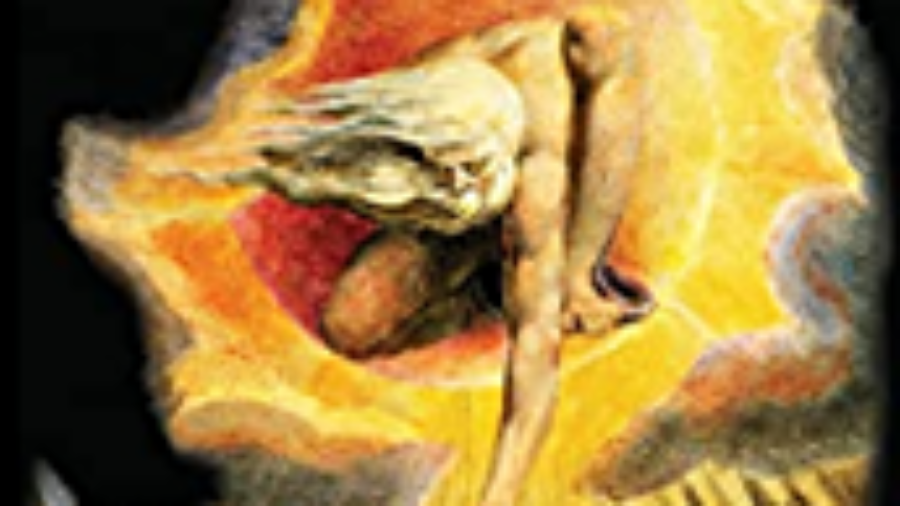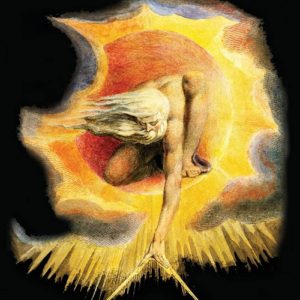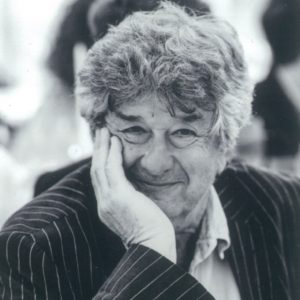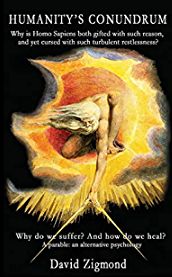Author David Zigmond talks to Mind, Body and Spirit about his most recent book, Humanity’s Conundrum.
Mind, Body, Spirit (MBS): David, I’m struck by how this slender book introduces itself with a rather grand title … is that contrast deliberate?
David Zigmond (DZ): Well not consciously so, but it’s not accidental either.
MBS: What does that mean?
DZ: Well, I wanted to write about big subjects but in a way that is light and clear. I want to share depth without density. So I’ve aimed for a smaller book that may engage many readers’ interest quickly and – hopefully – will hold it to the end of its hundred pages.
OK. Let’s start at the beginning: the title Humanity’s Conundrum – what does that mean?
I answer that with another question, the book’s subtitle: Why is Homo sapiens both gifted with such reason, yet cursed with such turbulent restlessness?
Why is that worth asking?
Well, just look at what we are, and what we’re doing! We are a quantum-leap in intelligence and instrumental power from all other living things, yet the only one which – accidently or deliberately, individually or in multitudes – can and may destroy itself, its community and its sustaining ecosystems. After hundreds of thousands of years, Homo is very much in evidence: our sapiens is not.
Yes, many of us have – belatedly – woken up to this. So how and why has this happened?
My answer is a large part of this book. Humans are an evolutionary anomaly: our brains are much larger than we need for our functional needs: procuring food, shelter, procreation, defensible space, group security through play or grooming … all the things that are actually there, or probably can be.
So what? Why does it matter if we have too much brain power for our simpler functions?
Ah! Because ‘nature abhors a vacuum’. So if our brains can do their functional jobs easily with what is there, what do we then do with the vast surplus of our cerebral activity and capacity? Answer: we seek out, or invent, our alternative not-theres.
I’m losing you … too many abstractions!
OK, let’s reset … There is actual, here-and-now; not there is conjured in-the-head. Not-theres are either memory (what was there), or imagination (what could be there). As far as we can tell, other creatures have much less memory and imagination: enough only for functional learning and realistic prediction. But humans are quite different.
In what way?
Well, humans are rarely long-content with what is there; we soon urge ourselves or others to what is not-there – the new, different, untried, feared, idealised, dreamed, gone … eventually a world-apart: the Metaverse.
And what does that lead to? It sounds like quite a mixture!
Yes, such gravitation to not-theres – to memory and imagination – accounts for so many of humankind’s blessings and curses, both collective and individual…
Meaning? Can you give us some examples?
So imagination, positively pursued, leads to blessings: our greatest works of art and invention, our empathy and consoling fictions…
‘Consoling fictions’? What’s that? What do they do?
Ah … you’re ahead of me: I’ll come back to those…
Alternatively we can be cursed by imagination: our stymying, sometimes paralysing, ‘what-ifs’ (our anxieties), our crazy fantasies and obsessions (our grandiose over-reaches, our psychoses).
Memory, too, is similarly empowered to bless or to curse us. Memory-blessings are reincarnated pleasures; the growth of gratitude, affection, loyalty and love; the fragile balance of wisdom. Memory-curses are our trauma-hauntings, our grievances, our never-to-be-forgotten (imagined?) humiliations.
Sometimes we can compound not-there curses with both memory and imagination: plotted revenge against the Other casts tragic shadows across our whole human spectrum – from individuals to nation states.
What other creature can boast such sophisticated behaviour?!
So what accounts for this strange anomaly, this biological leap to excess brain-capacity?
I certainly have a theory about that…
Which is?
Which I’m not going to tell you!
Oh … why not?!
Because I’m not going to introduce a ‘spoiler’ here to what I think is a refreshingly original notion. Let me save that for the book.
But in Humanity’s Conundrum you say that our excess brain-capacity doesn’t just load us with our overactive memories and imagination, it also then confronts us with particularly human anxieties that we must all find ways of dealing with. What are they?
Yes, I call them the four Basic Existential Anxieties. In brief there are:
- Mortality. We know we are going to die (though we can attempt to deny it).
- Aloneness. Our individual experience and consciousness is alone and unique (though we can tender and join it to others).
- Personal insignificance in any bigger picture (we must, therefore, make and find significance with and for others).
- Lack of meaning. The universe has no declared meaning or purpose. (We must create our own or borrow from others.)
How we deal with these anxieties is a major determinant in all humans’ lives, either more or less consciously. But the anxieties are always there.
My view is that our best responses come from any courageous yet humble candour we can manage in confronting our Existential Anxieties: that then enables us to be creative within our mortal-limits.
Our worst responses trigger the denial or projection of our anxieties: for example, we can identify with massive power and purpose and the quasi-immortality of a Thousand Year Reich, A Greater Russia, a Jihad; we can command our significance through the submission of others; if we righteously kill others it can (for a while) give us a sense of purpose and immortality…
Ugh! What about the ‘consoling fictions’ you mentioned?
Ah. Well these, fortunately, are the more benign ways we may deny or project our Existential Anxieties. ‘Our Father who art in heaven’ helps many to contain and quell their fear and pain. So, too, might Spiritualism. All such consoling fictions remain benign as long as they are used to comfort the self rather than control others.
And what about healing and psychotherapy? You give these prominence in Humanity’s Conundrum…
There’s certainly much to say about this, but we’re running out of time here.
In brief, I think that anything that helps us creatively encounter any of our Existential Anxieties is probably healing and psychotherapeutic. And conversely, anything that obstructs or reverses this may sicken us.
Psychotherapy is a formulised distillation and concentration of these principles.
But it is what we make of our lives – with and for others – that becomes, more broadly, therapeutic or sickened. There are so many paths to both.
That is mostly what this book is about.
MEET THE AUTHOR
DAVID ZIGMOND trained in medicine, psychiatry and psychotherapy and has served as a frontline NHS doctor for fifty years. His educational work, blogs and many publications about healthcare draw from his experience, as does his anthology If You Want Good Personal Healthcare, See a Vet: Industrialised Humanity – Why and how should we care for one another? (2015). His work as a psychotherapist, together with healthcare education, writing and activism, continues in London.
On the web
www.davidzigmond.org.uk
BOOKSHELF
HUMANITY’S CONUNDRUM: WHY IS HOMO SAPIENS BOTH GIFTED WITH SUCH REASON, AND YET CURSED WITH SUCH TURBULENT RESTLESSNESS? BY DAVID ZIGMOND, published by Filament Publishing, Paperback (104 pages)





